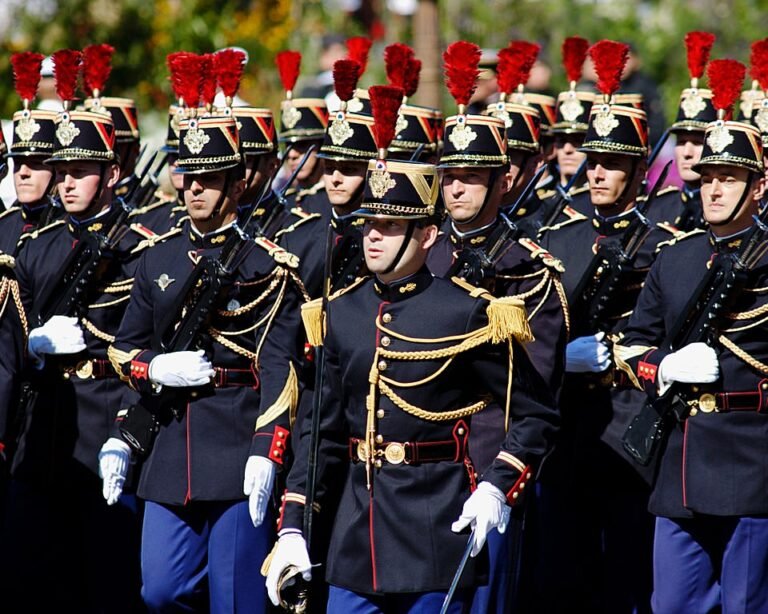C’est l’horloge du palais
“C’est l’horloge du palais” is a French expression used to describe a clock that doesn’t tell the right time. Although it translates as “It’s the palace clock,” there is no equivalent English saying. King Charles V of France (1338-1380) had a clock installed in his palace in Paris by the clockmaker Henri de Vic of Lorraine, which was then a part of the Holy Roman Empire. Centuries later, the Holy Roman Empire eventually became modern Germany, roughly speaking.
Clock technology was very primitive in the 14th century. So this new clock, which was supposed to set the standard for timekeeping in Paris, proved to be unreliable and was prone to bad timekeeping and breakdowns. The people of Paris started using this expression to refer to any clock that kept time badly.
The clock was installed in the outer wall of the palace of the Cité in Paris, now known as the Conciergerie. It is still there to this day, over 600 years later, though its accuracy has been improved since the 14th century.






